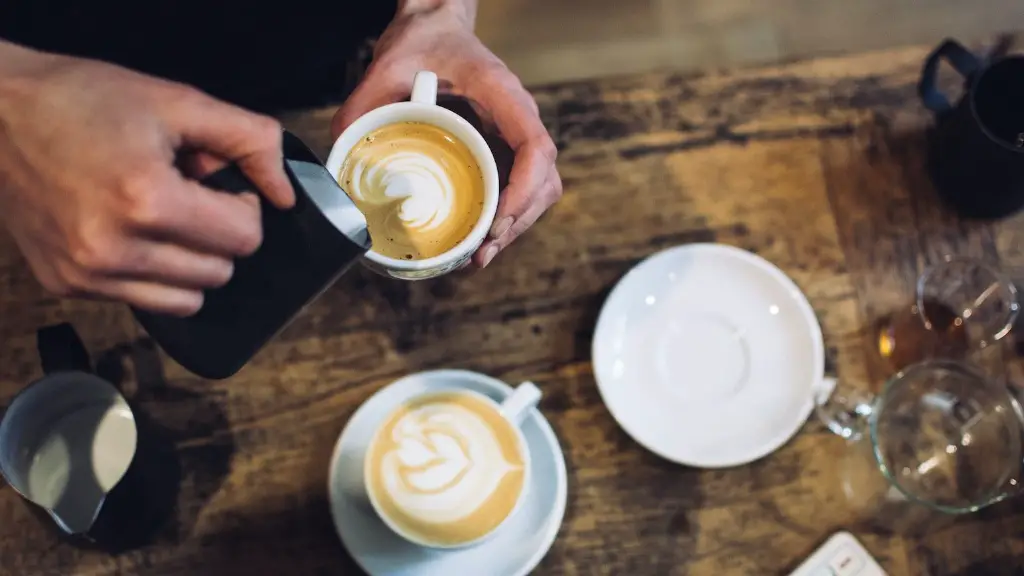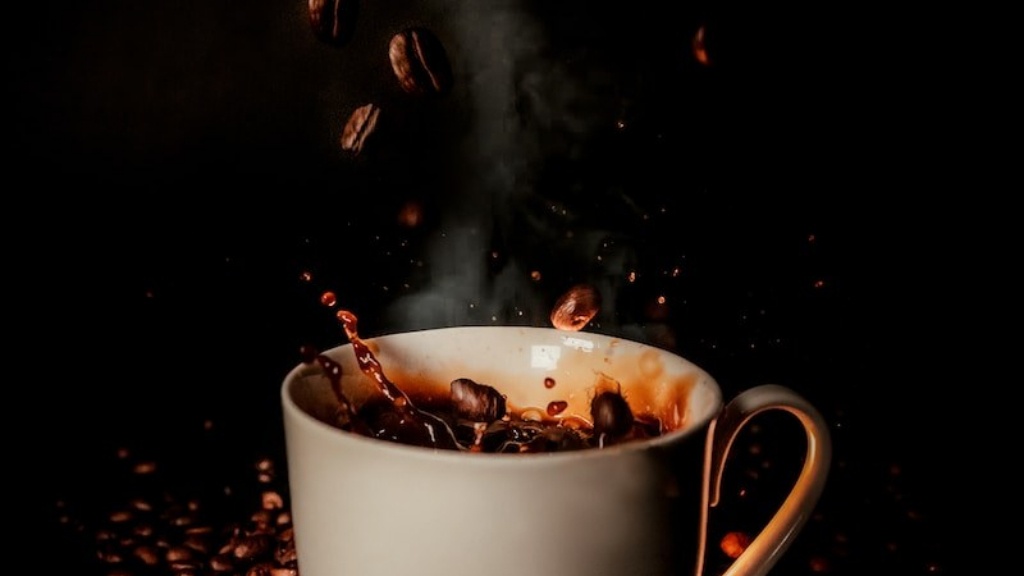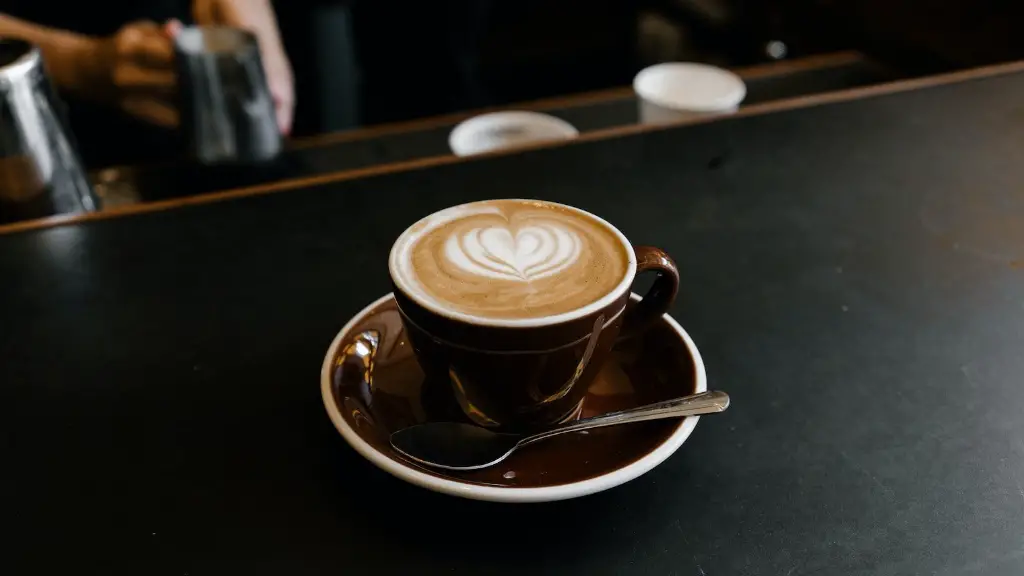What is a Fasting Blood Test?
A fasting blood test is a lab test used to measure glucose, electrolytes, and lipids such as cholesterol levels in the blood. It can be used to diagnose or monitor many medical conditions such as diabetes, heart disease, or liver and kidney function. A person usually fasts 8-12 hours before the test in order for the results to be accurate.
Can You Drink Black Coffee for a Fasting Blood Test?
The answer to this question depends on the specific fasting blood test you’re having, as well as your doctor’s recommendation. In general, people who are having glucose tests should not drink any kind of beverage, including black coffee, before the test. This is because the caffeine and other compounds in coffee can affect the results.
However, some fasting glucose tests may allow for black coffee consumption. If this is the case, some doctors recommend that you drink black coffee without added cream, sugar, or creamers. This is because these additives contain calories, and consuming them can affect the results of your test.
Is Caffeine Considered ‘Food’?
The answer to this question is a bit complicated. While some experts consider caffeine to be a type of food due to its effects on the body, others argue that it does not qualify as food since it does not provide your body with any nutritional value.
You should always consult with your doctor or healthcare provider before drinking any type of beverage, including black coffee, when you are having a fasting blood test. It’s also important to note that some diabetes medications should not be taken with caffeine, so it’s best to avoid it if you are taking medication.
How Does Coffee Affect Blood Glucose Levels?
Coffee has different effects on blood glucose levels depending on the individual. Some people experience an increase in their levels after drinking black coffee, while others don’t see any changes.
In general, black coffee can temporarily increase your blood sugar and insulin levels. This is because caffeine is known to raise the levels of certain hormones in the body, including cortisol and adrenaline. These hormones can affect blood glucose levels.
Is Black Coffee A Healthy Choice?
Black coffee can be part of a healthy diet, as long as you watch your portion sizes and remain mindful of the calorie and sugar content of some add-ins. Apart from the caffeine content, it is also a source of antioxidants which can help reduce chronic diseases risk. Therefore, when consumed in moderation, black coffee can contribute to your overall health and wellness.
Are There Any Benefits To Drinking Black Coffee?
Black coffee can offer many health benefits, depending on how it’s consumed. For example, the caffeine contained in black coffee can help improve alertness, cognitive performance and physical performance. It can also help reduce the risk of certain health conditions such as depression and Alzheimer’s disease.
Are There Any Risks To Drinking Black Coffee?
Despite the potential benefits, black coffee consumption can have some downsides. Excess consumption of coffee can increase anxiety and sleeplessness, as well as cause indigestion. Similarly, drinking coffee on an empty stomach can also cause some unpleasant side effects such as heartburn, nausea and vomiting. It’s best to speak with your doctor before drinking black coffee to ensure you’re not taking any unnecessary risks.
Which Other Options Are Available?
If you’re looking for an alternative to black coffee when having a fasting glucose test, you can consider drinking tea or a calorie-free beverage such as water, sparkling water or sugar-free soda. Herbal teas are a good choice as they usually don’t contain caffeine. Additionally, it’s important to make sure you stay well-hydrated during the fasting period, so drinking fluids is important.
The Verdict
Whether or not you can drink black coffee for a fasting blood test depends on the specific test and your doctor’s recommendation. If allowed, it’s best to consume it without added cream, sugar or creamers, as these ingredients can affect the results of the test. Additionally, you should be aware of the potential risks associated with black coffee consumption and consider alternatives such as water or calorie-free sodas. Ultimately, it’s important to consult with your doctor or healthcare provider before making any changes to your diet.


